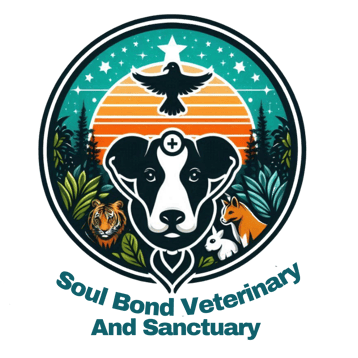Prevention
Colic - Provide consistent access to clean water and high-quality forage.
- Avoid sudden changes in diet and feed smaller, more frequent meals.
- Ensure regular exercise to promote healthy digestion.
2. Laminitis Prevention:
- Maintain a balanced diet, avoiding excessive sugars and starches.
- Monitor weight and prevent obesity.
- Provide proper hoof care and avoid overexposure to hard surfaces.
3. Hoof Abscess Prevention:
- Keep hooves clean and dry, especially in wet conditions.
- Schedule regular farrier visits for trimming and shoeing.
- Inspect hooves daily for signs of injury or infection.
4. Degenerative Joint Disease (Arthritis) Prevention:
- Avoid overworking young horses to protect developing joints.
- Provide joint supplements if recommended by a veterinarian.
- Ensure proper footing in riding areas to reduce joint strain.
5. Strangles Prevention:
- Quarantine new horses before introducing them to the herd.
- Disinfect shared equipment and maintain good stable hygiene.
- Vaccinate horses in areas where strangles is common.
6. Equine Influenza Prevention:
- Vaccinate regularly to protect against the virus.
- Isolate sick horses to prevent the spread of infection.
- Minimize stress during travel or competitions.
7. Heaves (Recurrent Airway Obstruction) Prevention:
- Use dust-free bedding and ensure good ventilation in stables.
- Soak hay to reduce dust and allergens.
- Avoid exposing horses to moldy feed or hay.
Routine veterinary check-ups, vaccinations, and a clean, stress-free environment are essential for overall equine health.
